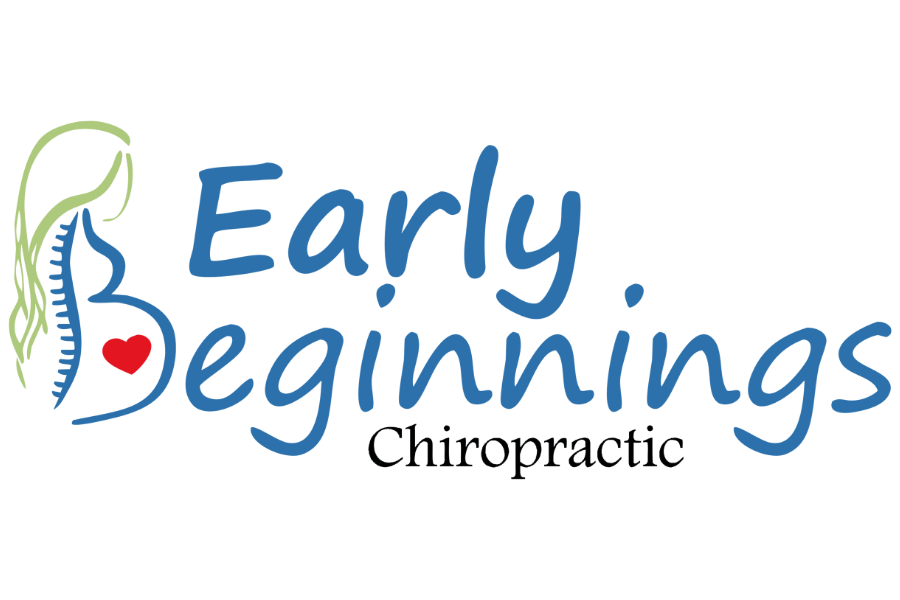The Importance of Childhood Milestones
The Importance of Childhood Milestones
Childhood milestones are big indicators of a child's development. These milestones include physical, mental, emotional, and social growth, marking key achievements such as walking, talking, and interacting with others. While every child is unique and develops at their own pace, there are typical age ranges for these milestones. These milestones also build on each other, so it is important to try to make sure your child is reaching these at the appropriate time.
0-4 months
During these first 4 months, the main things we want your baby to do are eat, sleep, and poop. When babies struggle with reflux or are uncomfortable when going to the bathroom, as older children and adults they could end up struggling with sensory stimulation such as noise, texture, taste, etc.
This is what we call Autonomic Ease - as in we want the autonomic nervous system (which controls eating, sleeping, and pooping) to be at ease and function smoothly.
4-10 months
After 4 months, we start seeing them use their body a little more. We want to start seeing them hold their head up, sit on their own, and start crawling. All of these building blocks are necessary for motor gravity integration and all are necessary for walking. In addition to walking - these milestones are also important to help with their speech and their social interactions.
10-18 months
In this stage, the focus is on integrating motor skills such as crawling and eventually walking. The principle "walk before you can talk" applies here, as gravity and movement help activate higher brain functions that support speech development. Down the line as your child reaches pre-k or kindergarten age, if your child missed or rushed through these milestones you may notice that they struggle with speech or struggle with being in social settings as a result.
So, how can you help your child if you notice that they are behind on milestones or struggling with speech or social communication?
One big thing you can do is get them checked out by a neurologically-focused pediatric chiropractor. We use cutting-edge scanning technology that allows us to see where throughout their nervous system they may be stressed. This will not only allow us to make sure they are hitting appropriate milestones on time but also make sure that they don’t struggle with speech, sensory, or social challenges in the future.

